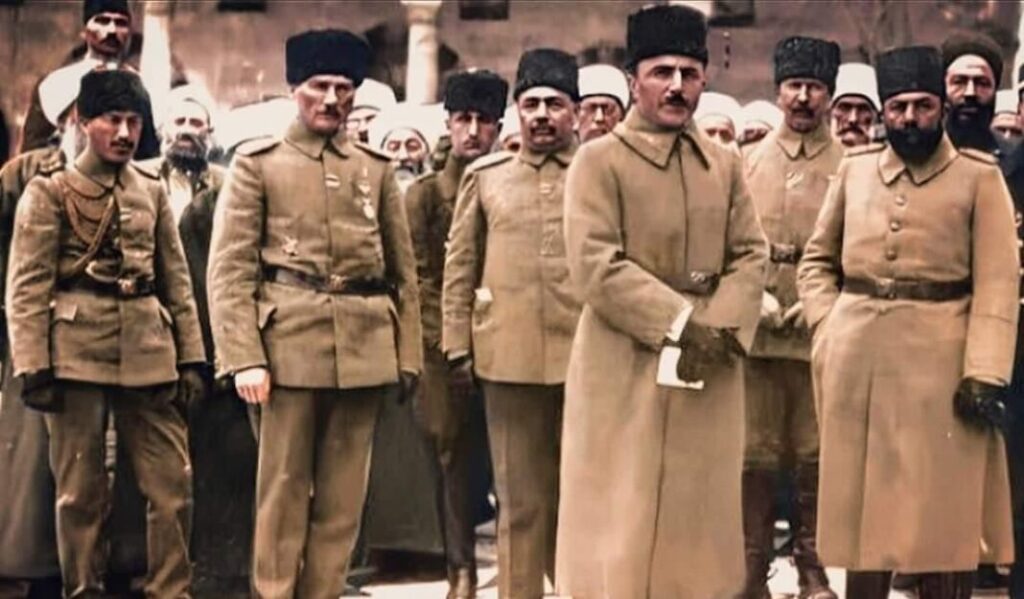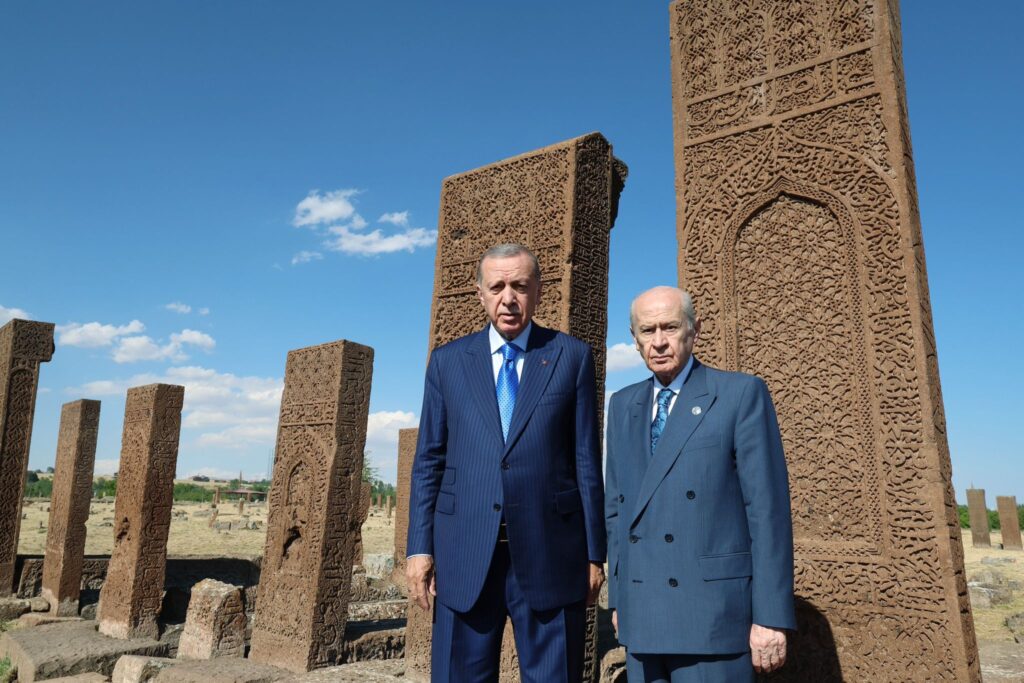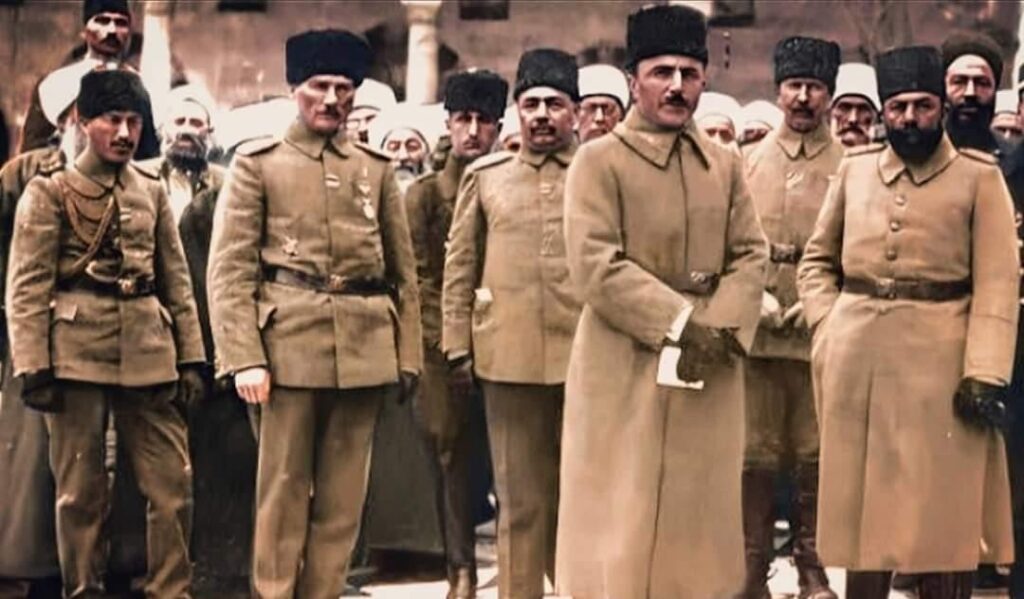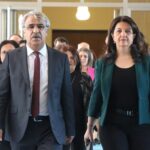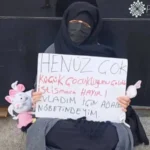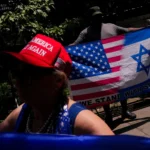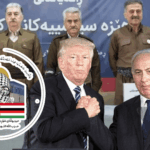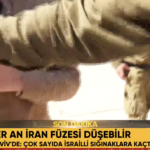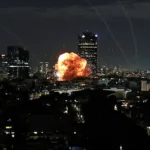Etyen Mahçupyan
A new partnership was born between the outlawed PKK's imprisoned leader Abdullah Öcalan and PKK headquarters in northern Iraq's Qandil Mountains with the initiation of the reconciliation process that enabled mutual advantage. The PKK leadership in the Qandil Mountains possessed the armed forces and the ability of field control in the region while Öcalan had a major influence on the social base, particularly on youth and women. The common strategy was that the PKK leadership was pushing its own possibilities, having certain acquisitions, and pushing and going beyond some limits in a way to subdue the government. When things reached a dead end and started to undermine the reconciliation process, Öcalan spoke and a peaceful atmosphere was established again afterward, but at the same time, a part of the acquisitions was structuralized in favor of those in the Qandil Mountains. As Öcalan cannot speak on every occasion, Qandil was raising the bar by targeting the date on which Öcalan was expected to speak. And, the government did not hesitate to make some concessions each time, so as not to disrupt the reconciliation process since it thought that the actual acquisition was the process itself.
The government turned out to be right in its foresight. Today, despite all the calls made by the PKK or the Kurdish Communities Union (KCK), an umbrella network that includes the PKK, Kurdish people do not join any protests, but rather display their determination that they will not sacrifice the peaceful atmosphere they have had for the last two-and-a-half years. However, the government also has a second advantage that is not so expected. Along with the fact that the PKK's violent acts are not welcomed on international platforms, the state now has much smarter weapons. Within the last two months, PKK camps in the Qandil Mountains received a blow in military terms that has been far heavier than previous ones.At this point, the PKK leadership probably would like for the incidents of last two months to not have happened. The KCK's statements reflect the willingness to return to the situation in early June, but the government does not intend to set aside the advantage it has seized.
The PKK would feel defeated if it agreed to this, so it is not willing to meet the government's demands full on. On their terms, a resolution means agreeing to a cease-fire after another speech by Öcalan so that the state is attracted by the idea of silencing arms again and condone the PKK's weapons and guerillas in Turkey. However, the state is aware of this possibility and does not want to give such an opportunity to the PKK. Currently, figures close to the Kurdish political movement are asking why Öcalan has not been made to speak only with an aim of relieving the PKK. In return, by putting Öcalan in political quarantine, the government tries to make the PKK decide on ending the conflict without him. It does not want the organization to easily get free of the process again as it did in past.
Movements like the PKK that regard themselves on the right side of history can have difficulties in amending their faults. The latest strategy, which began with the Peoples' Democratic Party's (HDP) anti-Justice and Development Party (AK Party) election campaign and evolved into a "revolutionary people's war" after the elections, has been the least rational act of the movement so far. With this choice, let alone achieving anything, the PKK has worn out the societal support it had and risked its power in Turkey.Öcalan will not speak, so the PKK leadership is required to take over political responsibility and put an end to its irrational tutelage of Kurds. Otherwise, this irrationality might turn them into a burden for Kurds.
Yazıyı beğendiysen, patronumuz olur musun?
Evet, çok ciddi bir teklif bu. Patronumuz yok. Sahibimiz kar amacı gütmeyen bir dernek. Bizi okuyorsan, memnunsan ve devam etmesini istiyorsan, artık boş olan patron koltuğuna geçmen lazım.
Serbestiyet; Türkiye'nin gri alanı. Siyah ve beyazlar içinde bu gri alanı korumalıyız. Herkese bir gün gri alanlar lazım olur.




